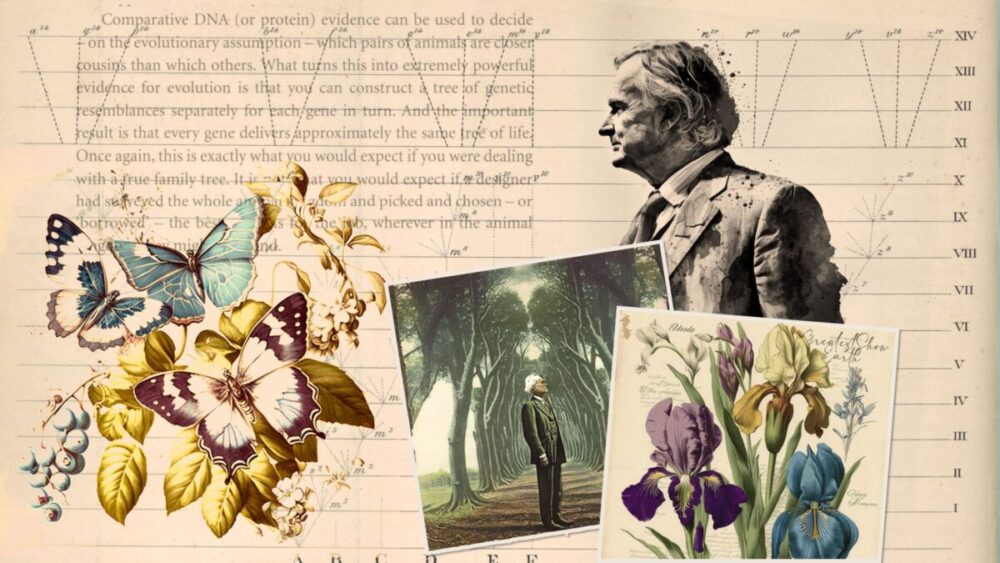
The Dawkins Test Returns an Answer: Intelligent Design
In 2009 atheist biologist Richard Dawkins offered a scientific test to decide between Darwinian evolution and intelligent design (ID). The results are in, and as guest Casey Luskin explains on this ID the Future, the evidence has broken strongly in favor of intelligent design. At the time Dawkins presented the test, he was confident that comparative DNA evidence supported Darwin’s tree of life and its idea of universal common ancestry. He made the point in his 2009 book The Greatest Show on Earth and in two interviews. As he put it, “The single most convincing fact or observation you could point to” in favor of Darwinian evolution over against ID “would be the pattern of resemblances that you see when Read More ›
